Posted on 10/27/2016
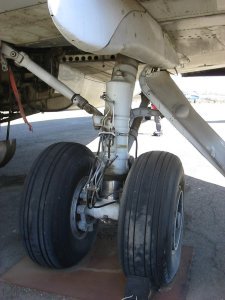
Ever think about all the different vehicles that use rubber tires? Tractors, industrial equipment, everything else that rolls on rubber? Each specialized type of tire requires a specialized design for its specific purpose. Aircraft tires, for instance, have to be very robust and handle a great deal of weight and stress, but for only a short period of time. Aircraft tires are often filled with an inert gas such as nitrogen, for more stable inflation levels, and are designed with specialized fusible plugs which provide a safer failure mode (rather than a sudden, catastrophic tire explosion). Off-the-road tires, for vehicles such as graders or mining equipment, operate at low speeds but have to be able to withstand severe service conditions while handling heavy loads. They’re designed with tough, thick carcasses to resist cuts, tears, gouges and punctures while still providing decent control and ride quality for the operator. Agricultural tires are designed for good traction ... read more
Posted on 9/29/2016
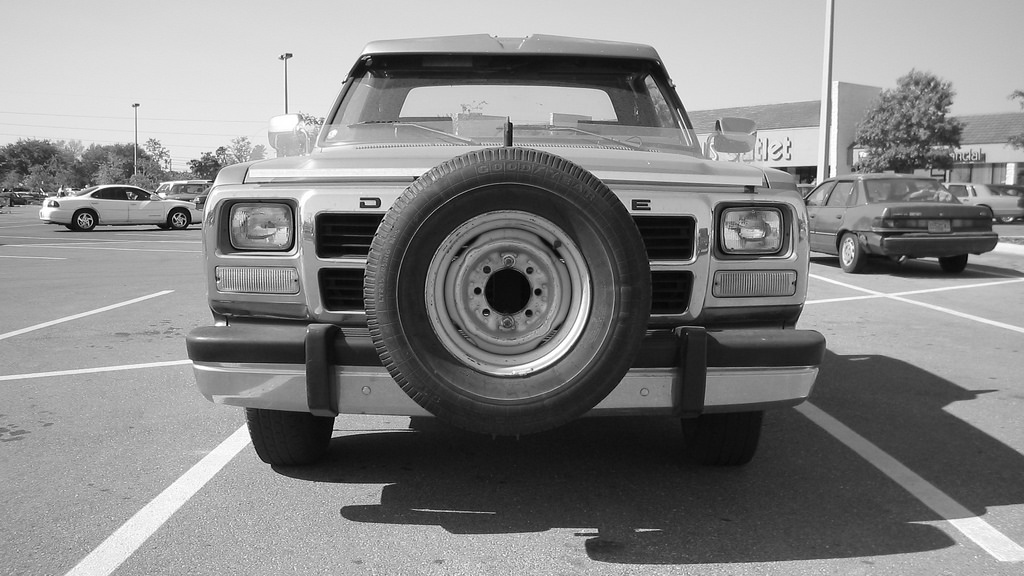
Believe it or not, many new vehicles come without a spare tire. Manufacturers have a few different reasons for that, including weight savings, space efficiency, and cost. When you're stuck by the side of the road, though, none of that really matters much, does it? Instead, these vehicles come equipped with an inflation kit and/or a can of sealant. Sealant is a gooey substance in an aerosol can that's designed to coat the inside of the tire due to centrifugal force once you get rolling again, hopefully sealing the puncture. These products, such as Fix-A-Flat, have been on the market for decades and tend to work pretty well on a minor puncture. They're not a permanent fix, however. Your speed should be limited after using Fix-A-Flat type products, and you should see about getting the tire repaired or replaced as soon as possible. In addition, most of these products freeze at temperatures below 32 degrees and may not be usable in cold weather. The other alternative on new v ... read more
Posted on 7/28/2016
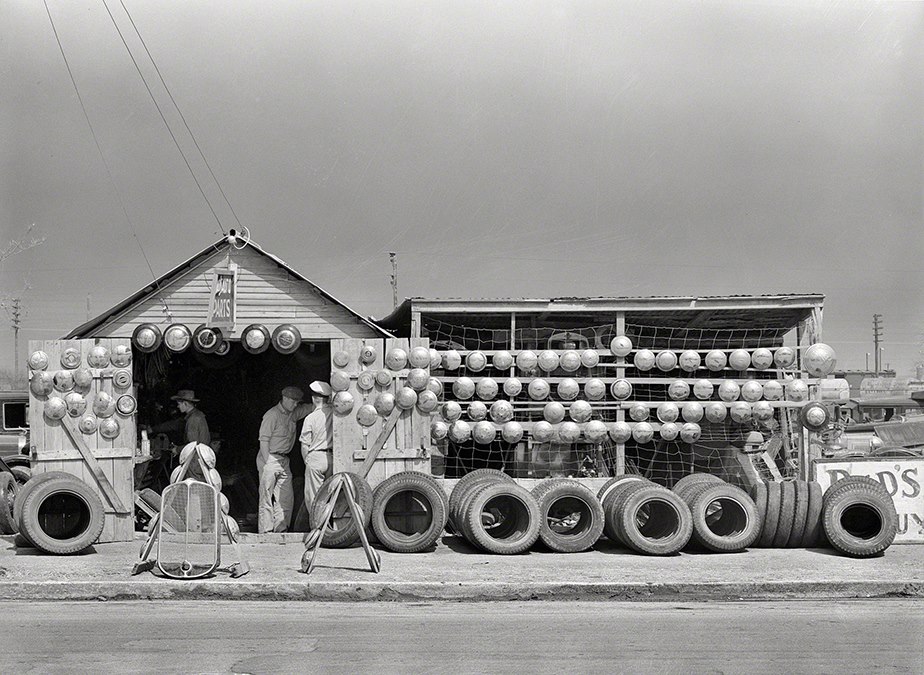
The tire is such a commonplace item -- it's on every car, every truck, every bicycle, every aircraft. It's easy to not give the tire a second thought, but like every other technology, the tire has an interesting history of advances and failures. In the 19th century, carriages and wagons used steel strips for "tires" on their wheels, with the punishing sort of ride that you'd expect. In later years, they were shod with strips of natural rubber, which was an improvement but was still problematic. Solid rubber still rode pretty rough, and the natural, uncured rubber would get gummy in hot weather and shrink and harden in cold temperatures. Charles Goodyear was able to help with the invention of vulcanized rubber, but the modern tire was still several years off. By the 1880s, the bicycle was becoming much more popular, and in 1888 Scottish engineer John Dunlop was watching his son struggle with the bone-shaking ride of his tricycle. He then devised the first-ever air-filled ... read more
Posted on 6/16/2016
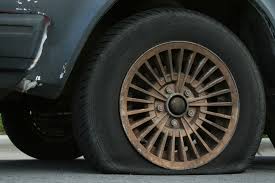
Nobody ever looks forward to a flat tire, and nobody ever says "well, that was a really good time" after having one. You can at least minimize the damage to your tire and danger to yourself, though.Flats vs BlowoutsIf you get a blowout, you'll know about it right away. Sometimes the tire can fail dramatically, with a bang as loud as a shotgun going off. Other times, it might just be a loss of air and a sudden change in your car's handling, followed by vibration, noise and a pull to one side. If it's a front tire that fails, your car might be a real handful to drive until you can get to a stop.In either case, your first job is to pull off the road as quickly (but safely!) as you can. Don't jam on the brakes or make any sudden moves, just get over to the shoulder and the flattest, hardest surface you can find.Turn on the emergency flashers and set the parking brake. Locate the jack and tire wrench, remove the wheel cover and break loose the lug nuts with the wrench. Find the proper spot ... read more
Posted on 5/12/2016
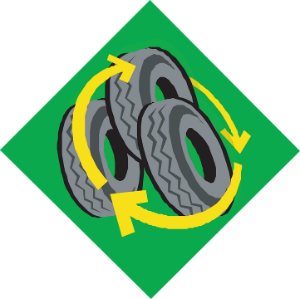
When it comes to your car, oil isn't the only thing there's a finite supply of. Rubber has its limits too, and it's estimated by 2020, the supply of natural rubber in the world may be outstripped by demand. And of course, tires require a great deal of oil to produce as well. Tire manufacturers are constantly looking for ways to innovate and conserve resources in tire production. Here are some recent advances: Dandelions: Yes, those humble yellow flowers you try to eliminate from your yard. Dandelions actually contain a minute amount of latex in their milky oil, and research shows they can actually produce about as much latex, pound-for-pound, as rubber plants. German scientists have cultivated 1-foot-tall dandelions for just this purpose. This isn't a new development, either -- in WWII, American companies were growing and cultivating Russian dandelions to cope with rubber scarcities due to wartime conditions. Silica: Tires are a complex blend of many different ingredients. Tires requir ... read more